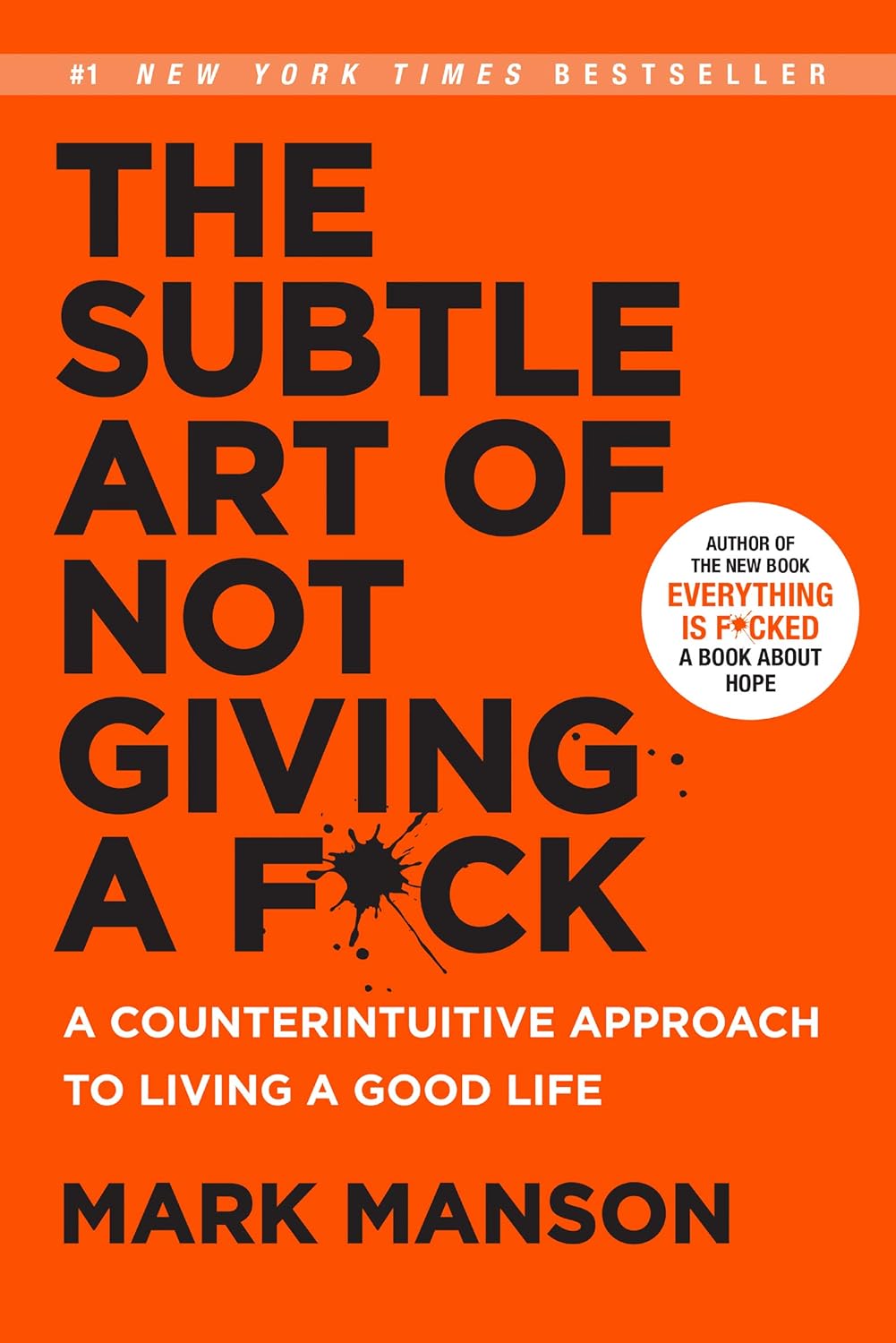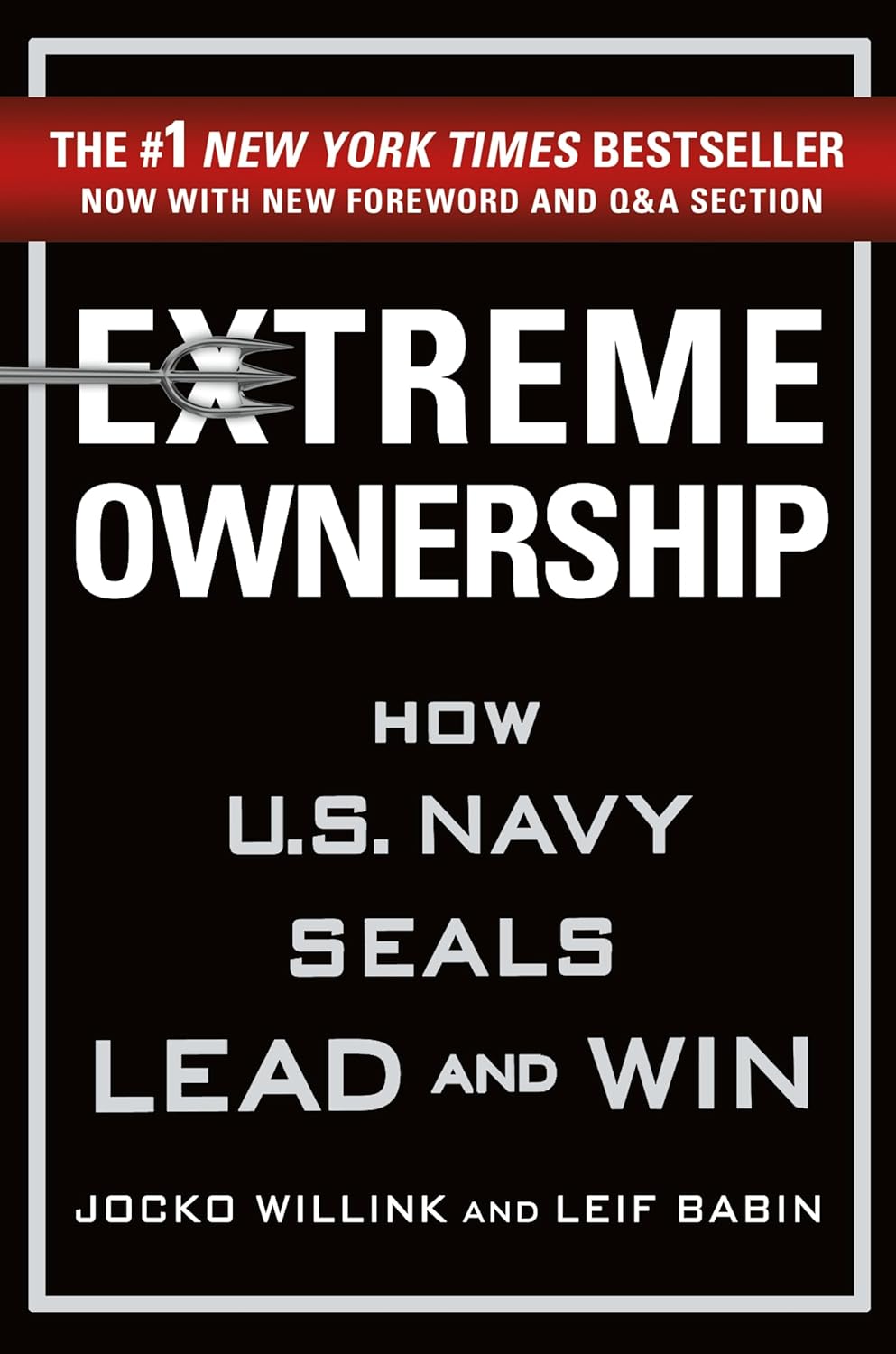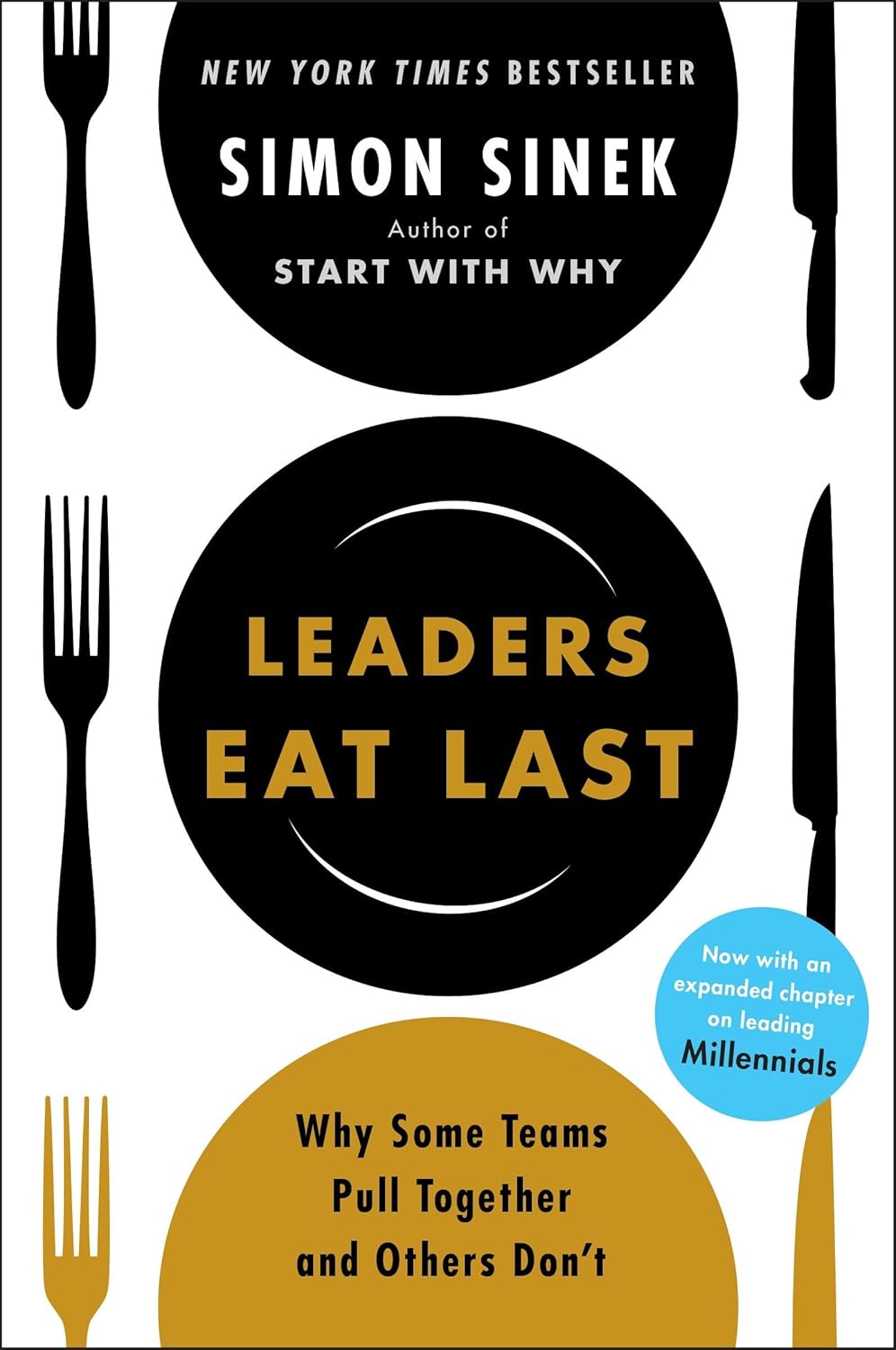The Biology of Leadership
Simon Sinek doesn't just propose leadership principles within the context of Leaders Eat Last, he also provides in depth analysis of where these principles have been used with success – and examples of the pitfalls and tragedies suffered at the hands of those who behave to the contrary.
What is unique about Sinek’s take on leadership is that it is grounded in biological principles. This isn’t just a book that extrapolates the behaviors of successful leaders and then touts the most common ones as “principles”. Instead, it demonstrates how our biology developed anthropologically and provides the “why” behind successful leadership principles.
Key Insights
- Leaders create a “Circle of Safety” that fosters trust and a sense of belonging, reducing internal threats and allowing people to focus on external challenges.
- Human behavior is influenced by four main chemicals: endorphins, dopamine, serotonin, and oxytocin. Good leadership balances these with a focus on serotonin and oxytocin, fostering trust and cooperation. On the other hand, poor leadership overemphasizes dopamine, creating selfish, toxic environments.
- Leadership is a responsibility,not a rank. It is about serving others, not wielding power. The best leaders protect their teams and put their people first — even at personal cost.
- Trust and Cooperation Lead to Innovation. When people feel safe, they share ideas freely, collaborate more effectively, and take creative risks. Innovation thrives in environments built on trust, not fear.
- The metaphor “Leaders Eat Last” is inspired by the military practice where senior leaders let junior members eat first. This represents servant leadership, putting the needs of others before their own.
The Dangers of Abstraction
A topic of discussion within Leaders Eat Last that has far-reaching ethical implications is that of abstraction. Abstraction, as Sinek describes, occurs when individuals are reduced to numbers—data points on a spreadsheet rather than human beings with families, lives, and emotions. When leaders become overly focused on metrics and detached from the people those numbers represent, they risk losing sight of the human impact of their decisions. This disconnection makes it easier to justify actions that, while seemingly logical from a financial or operational perspective, may be ethically questionable or even harmful.
For example, in the process of balancing a budget, a leader might conclude that laying off one thousand employees is the most efficient way to cut costs. While the numbers may add up, this decision ignores the profound personal consequences for those employees—the loss of income, stability, and dignity—as well as the emotional and psychological effects on the remaining workforce. When colleagues see their peers treated as expendable, trust in leadership erodes, morale declines, and the culture begins to suffer.
A few of my favorite quotes from the book!
(...) the reason why a corporate vision statement must be something we can see in our mind’s eye. That’s why it’s called a “vision,” because we need to be able to “see” it.Simon Sinek : Leaders Eat Last
Physical contact demonstrates a sign of our willingness to trust… even more than the terms of the deal.Simon Sinek : Leaders Eat Last
Just because we become accustomed, just because it becomes normal, doesn’t mean it’s acceptable.Simon Sinek : Leaders Eat Last
The culture of a company is like the culture of any tribe. Some have strong cultures and some have weak cultures. (...) And like all tribes, some have strong leaders and some have weak leaders. But they all have leaders.Simon Sinek : Leaders Eat Last
What too many leaders of organizations fail to appreciate is that it’s not the people that are the problem. The people are fine. Rather, it’s the environment in which the people operate that is the problem.Simon Sinek : Leaders Eat Last
The physical separation between us and those on the receiving end of our decisions can have a dramatic impact on lives… the lives of people who cannot be seen or heard. The more abstract people become, the more capable we are of doing them harm.Simon Sinek : Leaders Eat Last
Just as money can’t buy love, the Internet can’t buy deep, trusting relationships.Simon Sinek : Leaders Eat Last
Trust is not formed through a screen, it is formed across a table. It takes a handshake to bind humans… and no technology yet can replace that. There is no such thing as virtual trust.Simon Sinek : Leaders Eat Last
No matter how rich or poor someone is, or where or when they are born, we all have 24 hours in a day and 365 days in a year. If someone is willing to give us something of which they have a fixed and finite amount, a completely nonredeemable commodity, we perceive greater value.Simon Sinek : Leaders Eat Last
Giving time and energy actually does more to impact the impression others have of us than giving money.Simon Sinek : Leaders Eat Last
Destructive Abundance happens when the players focus almost exclusively on the score and forget why they set out to play the game in the first place.Simon Sinek : Leaders Eat Last
Taking responsibility for one’s actions must happen at the time you perform your actions, not at the time you get caught.Simon Sinek : Leaders Eat Last
Integrity is not about being honest when we agree with each other; it is also about being honest when we disagree or, even more important, when we make mistakes or missteps.Simon Sinek : Leaders Eat Last
Cooperation doesn’t mean agreement, it means working together to advance the greater good.Simon Sinek : Leaders Eat Last
Leadership is about taking responsibility for lives and not numbers, managers look after our numbers and our results and leaders look after us.Simon Sinek : Leaders Eat Last
There is so much talk about awareness or “driving the conversation” that we’ve failed to notice that talk doesn’t solve problems; the investment of time and energy by real human beings does.Simon Sinek : Leaders Eat Last
We are not victims of our situation. We are the architects of it.Simon Sinek : Leaders Eat Last
Human beings have thrived for fifty thousand years not because we are driven to serve ourselves, but because we are inspired to serve others.Simon Sinek : Leaders Eat Last
Get it today on Amazon!
Check out these other great books!

The Fifth Agreement
A Practical Guide to Self-MasteryGo beyond The Four Agreements and gain a powerful new agreement to aid in your journey as an artist, creating the life of your dreams.

The Subtle Art of Not Giving a F*ck
A Counterintuitive Approach to Living a Good LifeWith unapologetic honesty, Manson challenges us to embrace responsibility, define our values, and of course... to not give a f*ck about what doesn’t matter.

When Breath Becomes Air
A powerful memoir that explores purpose, identity, and presence — offering deep insights for anyone on a path of self-reflection and value discovery.

Extreme Ownership
How U.S. Navy SEALs Lead and WinA clear, practical breakdown of key leadership principles—how ownership, discipline, and clarity create real impact in life and business.
